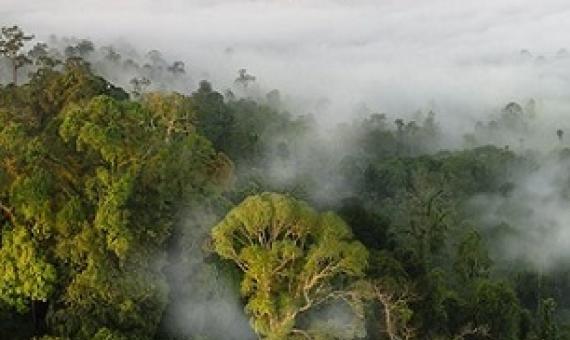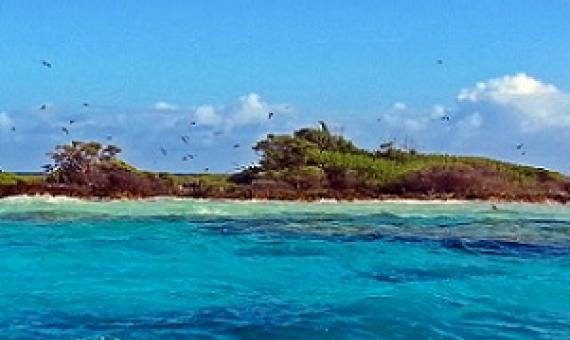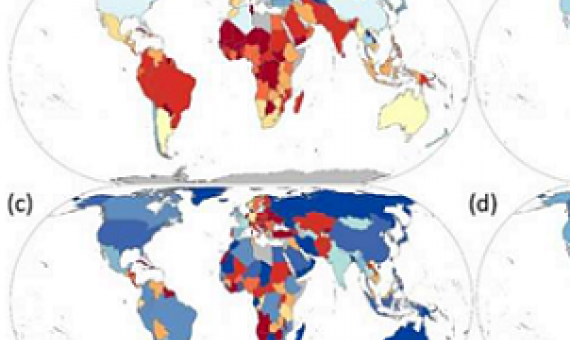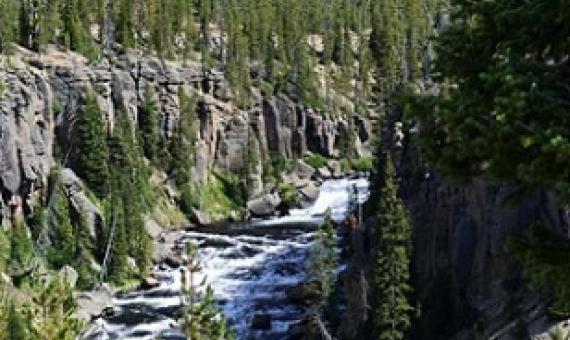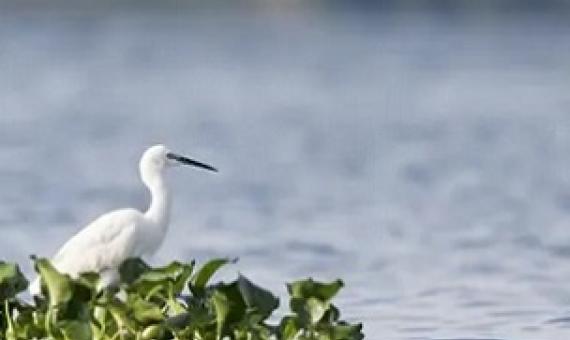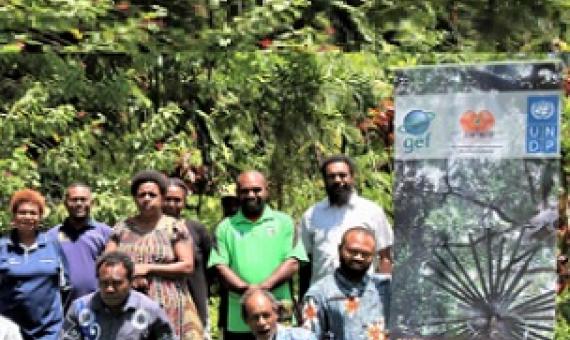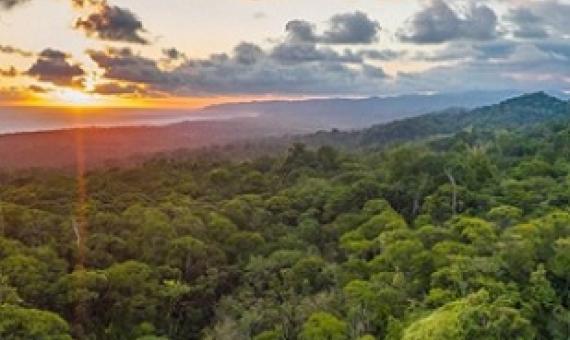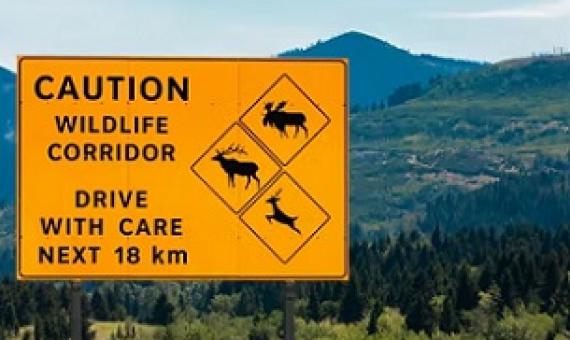A new online platform has been launched to raise awareness and inspire action by non-government organisations, local communities and businesses to protect, sustainably manage and restore areas of land and water...Today’s new Nature Commitments Platform, launching in the wake of the Inte
A validation workshop facilitated by the National Environment Service (NES) for the GEF7 funds (Global Environment Facility) of $7 million which starts early next year for a period of six years, was held yesterday with the project team and partners...The priority goals are...management, policy an
Best Practice in Delivering the 30x30 Target
This guidance document identifies the best options for successful delivery of draft Target 3 of the Global Biodiversity Framework (GBF) from the Convention on Biological Diversity (CBD). There is good evidence that this will radically increase the success of biodiversity conservation. “Success” is measured in ecological, social and economic terms, ideally all three will be met in individual sites, or at least for the system as a whole, but guidance is given on trade-offs where necessary.
Participation, not penalties: Community involvement and equitable governance contribute to more effective multiuse protected areas
Accelerating ecosystem degradation has spurred proposals to vastly expand the extent of protected areas (PAs), potentially affecting the livelihoods and well-being of indigenous peoples and local communities (IPLCs) worldwide. The benefits of multiuse PAs that elevate the role of IPLCs in management have long been recognized. However, quantitative examinations of how resource governance and the distribution of management rights affect conservation outcomes are vital for long-term sustainability.
Protected areas—such as nature reserves, national parks, and wilderness areas—are essential to conserving biodiversity. New research published in Environmental Research Letters provides insights for developing climate-smart conservation strategies.
As human development spreads ever farther around the world, very few large ecosystems remain relatively intact and uninterrupted by highways, cities or other human-constructed obstacles.
National parks and other protected areas have had mixed success in conserving wildlife, according to the largest ever global study of their effects.
The Conservation and Environment Protection Authority, in partnership with UNDP, is rolling out regional roadshows to share information on updates relevant to the future of protected areas in Papua New Guinea.
Conservation trust funds are said by some to take money away from urgent needs now, especially for land acquisitions, where it is often a case of ‘now or never.’ While donors do prefer to support the creation of new protected areas, the under-funding of protection and management results in “paper
Half of the planet’s non-human species are already on the move in response to climate change impacts on temperature, precipitation or the movement of other species...Traditional forms of species conservation have focused on well-defined, immovable boundaries to create national park

